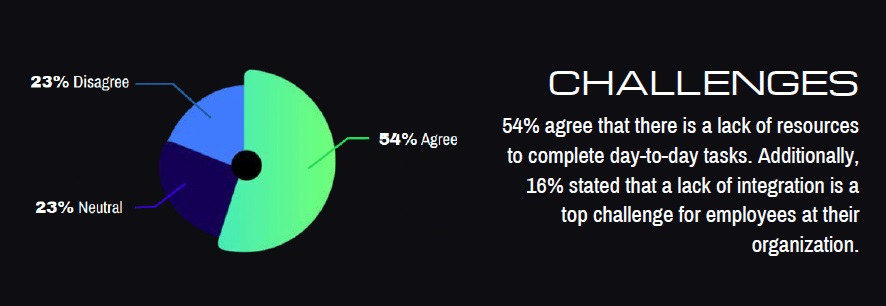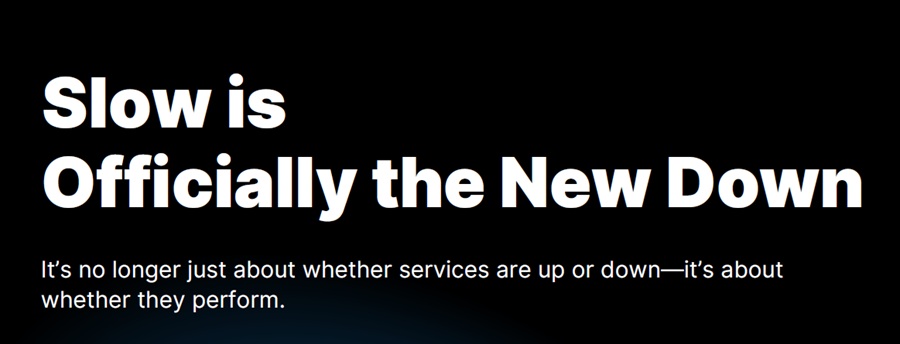Industry experts offer predictions on how AI will evolve and impact technology and business in 2025. Part 5 covers the infrastructure and hardware supporting AI ...
Industry experts offer predictions on how AI will evolve and impact technology and business in 2025. Part 4 covers advancements in AI technology ...
Industry experts offer predictions on how AI will evolve and impact technology and business in 2025. Part 3 covers AI's impact on employees and their roles ...
Industry experts offer predictions on how AI will evolve and impact technology and business in 2025. Part 2 covers the challenges presented by AI, as well as solutions to those problems ...
In the final part of APMdigest's 2025 Predictions Series, industry experts offer predictions on how AI will evolve and impact technology and business in 2025 ...
Are you using OpenTelemetry? Are you planning to use it? Click here to take the OpenTelemetry survey.
E-commerce is set to skyrocket with a 9% rise over the next few years ... To thrive in this competitive environment, retailers must identify digital resilience as their top priority. In a world where savvy shoppers expect 24/7 access to online deals and experiences, any unexpected downtime to digital services can lead to significant financial losses, damage to brand reputation, abandoned carts with designer shoes, and additional issues ...
Efficiency is a highly-desirable objective in business ... We're seeing this scenario play out in enterprises around the world as they continue to struggle with infrastructures and remote work models with an eye toward operational efficiencies. In contrast to that goal, a recent Broadcom survey of global IT and network professionals found widespread adoption of these strategies is making the network more complex and hampering observability, leading to uptime, performance and security issues. Let's look more closely at these challenges ...

The pressure on IT teams has never been greater. As data environments grow increasingly complex, resource shortages are emerging as a major obstacle for IT leaders striving to meet the demands of modern infrastructure management ... According to DataStrike's newly released 2025 Data Infrastructure Survey Report, more than half (54%) of IT leaders cite resource limitations as a top challenge, highlighting a growing trend toward outsourcing as a solution ...

Gartner revealed its top strategic predictions for 2025 and beyond. Gartner's top predictions explore how generative AI (GenAI) is affecting areas where most would assume only humans can have lasting impact ...
The adoption of artificial intelligence (AI) is accelerating across the telecoms industry, with 88% of fixed broadband service providers now investigating or trialing AI automation to enhance their fixed broadband services, according to new research from Incognito Software Systems and Omdia ...
AWS is a cloud-based computing platform known for its reliability, scalability, and flexibility. However, as helpful as its comprehensive infrastructure is, disparate elements and numerous siloed components make it difficult for admins to visualize the cloud performance in detail. It requires meticulous monitoring techniques and deep visibility to understand cloud performance and analyze operational efficiency in detail to ensure seamless cloud operations ...
Imagine a future where software, once a complex obstacle, becomes a natural extension of daily workflow — an intuitive, seamless experience that maximizes productivity and efficiency. This future is no longer a distant vision but a reality being crafted by the transformative power of Artificial Intelligence ...
Enterprise data sprawl already challenges companies' ability to protect and back up their data. Much of this information is never fully secured, leaving organizations vulnerable. Now, as GenAI platforms emerge as yet another environment where enterprise data is consumed, transformed, and created, this fragmentation is set to intensify ...


